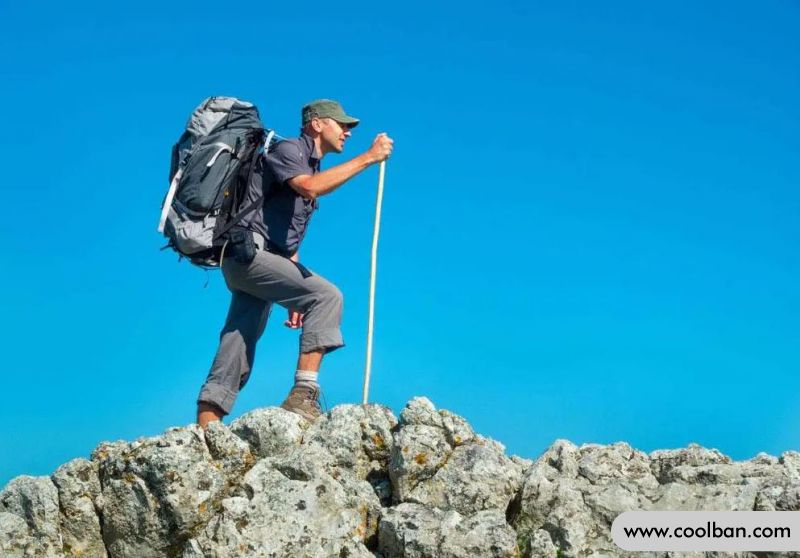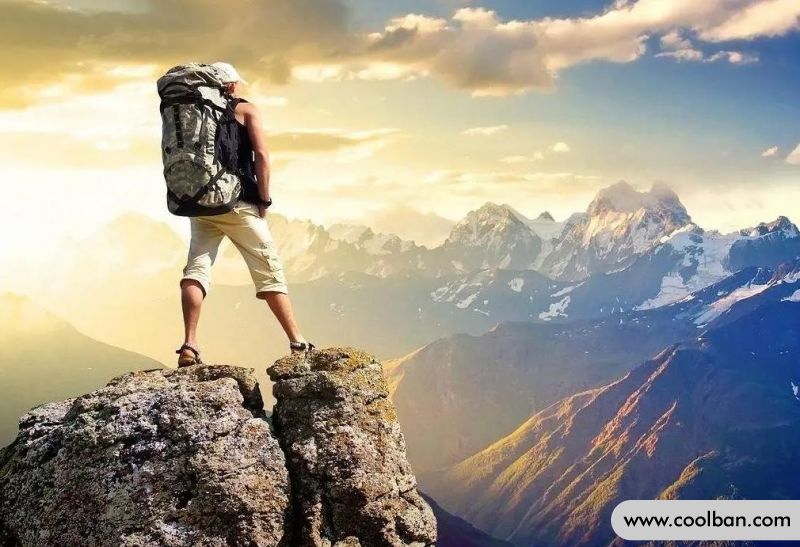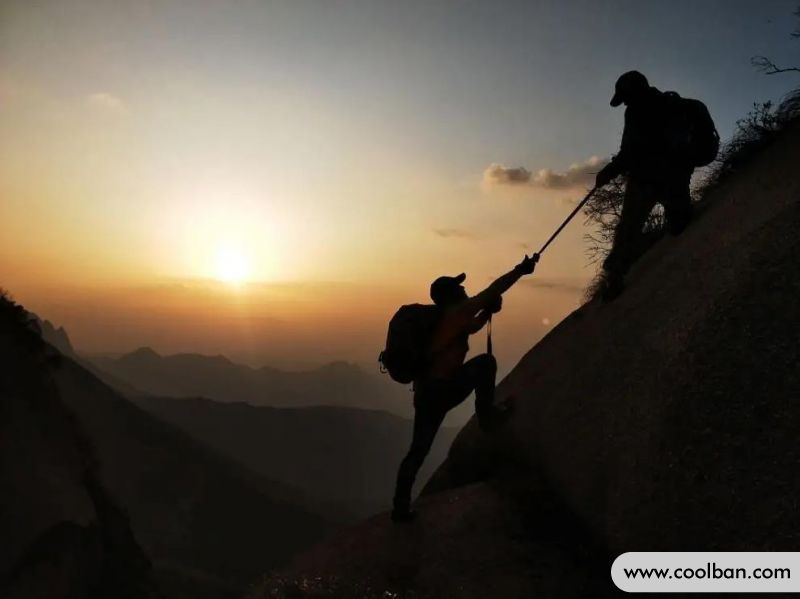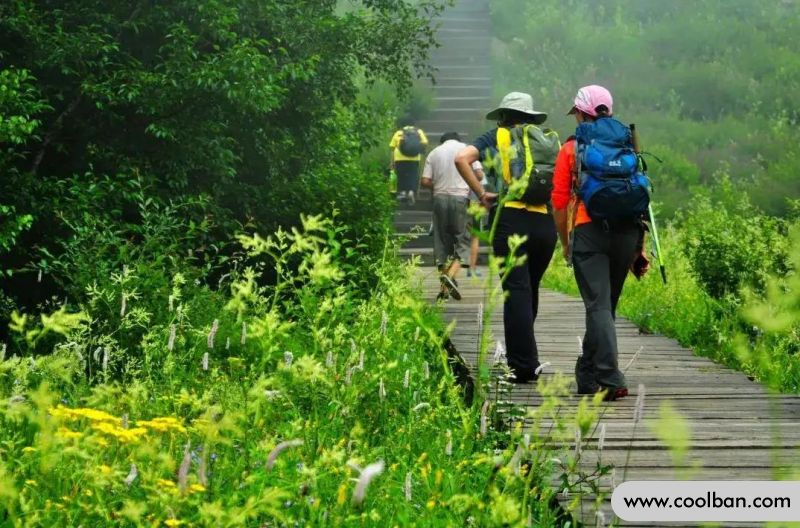The correct way to lose weight by climbing a mountain
Mountain climbing is a sport that many people like now. Compared with traditional sports, the fun of climbing seems to be more obvious. Therefore, many people want to use mountain climbing to lose weight. So what is the effect of mountain climbing to lose weight? Let's take a look.

Can mountain climbing help you lose weight?
Mountain climbing is an aerobic exercise, which can increase the protein in the blood, increase the number of immune cells, enhance immunity, and help the carcinogens, harmful substances and toxins in the body to be excreted in time. While promoting metabolism, it accelerates fat consumption, so mountain climbing also has the effect of body slimming.
Studies have confirmed that a person weighing 70 kilograms consumes about 500 kilocalories of energy if they climb a slope with a slope of 70 degrees at a speed of 2 kilometers per hour for 30 minutes. The equivalent of swimming at 50 m/min for 45 minutes, or running on a treadmill at 8 km/h for 50 minutes.

The correct way to lose weight by mountain climbing
Method 1: Before climbing the mountain, remember to warm up for about ten minutes and move the joints of the whole body to avoid injury.
Method 2: During mountain climbing, you should keep breathing evenly and keep your heart rate at the optimum 120-140 beats/min.
Method 3: When going up the mountain, it is best to lean forward in order to save effort; when going down the mountain, walk in a zigzag shape to reduce the impact of the knee joint.
Method 4: After climbing, be sure to do relaxation activities, so as not to stop suddenly and cause blood flow obstruction.
Method 5: Climbing is prone to sweating. Drink an appropriate amount of water 15 minutes before exercise, drink less and drink more, and help reduce water shortage during exercise.

The best time to climb a mountain to lose weight
Many people like to climb mountains in the morning, thinking that the air is fresh in the morning. But in fact, the period from 4:00 am to 10:00 am is the blood-viscous stage. If the climber does not have the habit of exercising early, and has a history of high blood lipids, blood viscosity, diabetes, hypertension or myocardial infarction, choose to climb the mountain in the morning with a higher intensity, which may induce myocardial infarction or cerebral infarction.
Therefore, it is best to climb the mountain after 3:00 pm. Also, don't forget to bring a bottle of light salt water to replenish water in time to avoid dehydration due to excessive sweating.

Precautions for mountain climbing to lose weight
Note 1: The intensity of mountain climbing should not be too high, the heart rate should be kept at 120 to 140 times/min, and it is generally advisable to exercise 3 to 4 times a week.
Note 2: It is better to choose early morning for mountain climbing. When exercising, pay attention to adding water, drink more water appropriately on the basis of quenching thirst, or drink 400 to 600 ml of water 10 to 15 minutes before exercise, so as to reduce the degree of water shortage during exercise. Beverages should be selected to contain appropriate sugar and electrolysis (and preferably vitamin C) to reduce fatigue and restore physical strength as soon as possible.
Note 3: Warm up first, then relax. When starting mountain climbing exercise, you must not increase the amount of exercise as soon as you get up, but gradually. Usually do some simple warm-up exercises first, and then gradually increase the intensity according to a certain breathing rate to avoid sudden changes in the breathing rate during exercise. At the end of your workout, relax to better protect your muscle groups and allow blood to return from your limbs to your heart.
Note 3: Vitamin "heat supplement". When climbing a mountain, due to the large consumption of energy and various nutrients, the supply of vitamins is indispensable. Special attention should be paid to supplementing an appropriate amount of vitamin A, vitamin B and vitamin D every day. In addition, the food should be easy to digest, eat less food containing crude fiber and gas (celery, chives, soybeans, etc.), eat more alkaline food vegetables, fruits, kelp, etc.